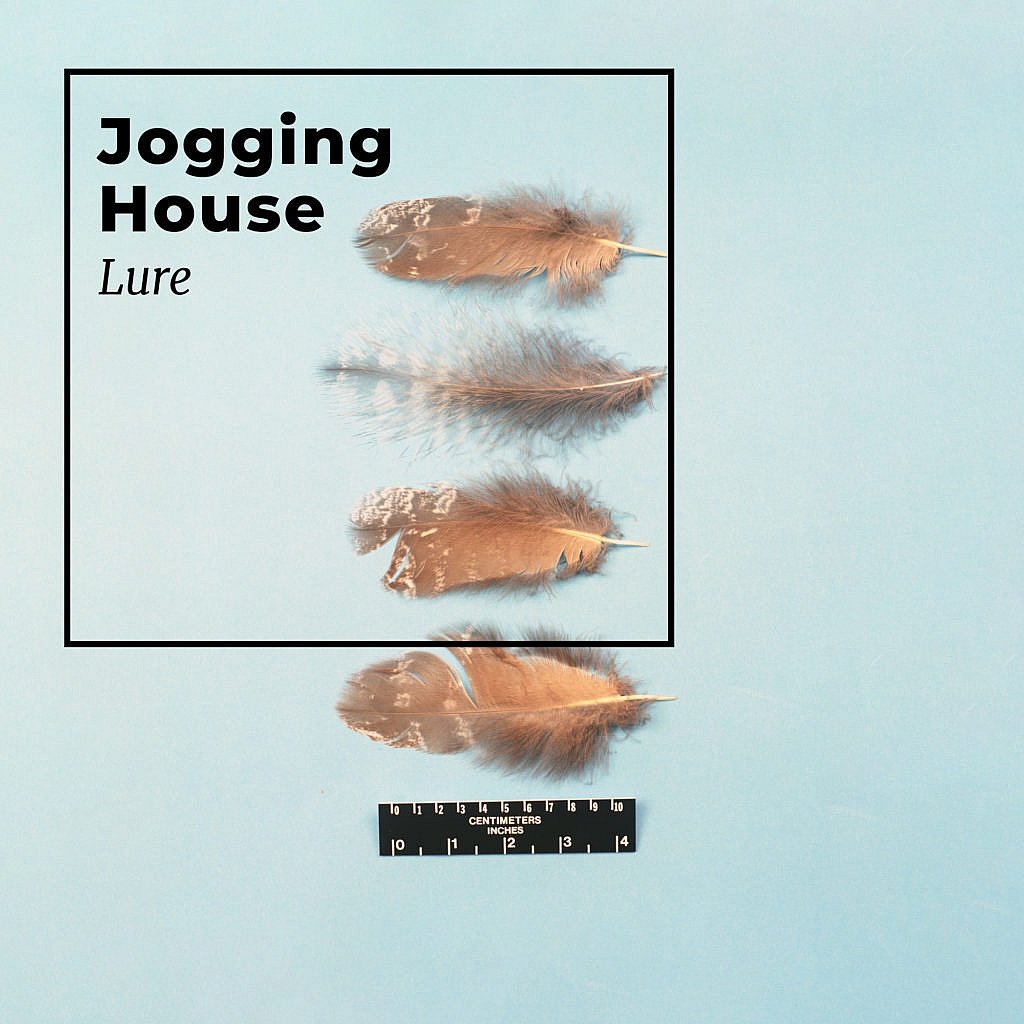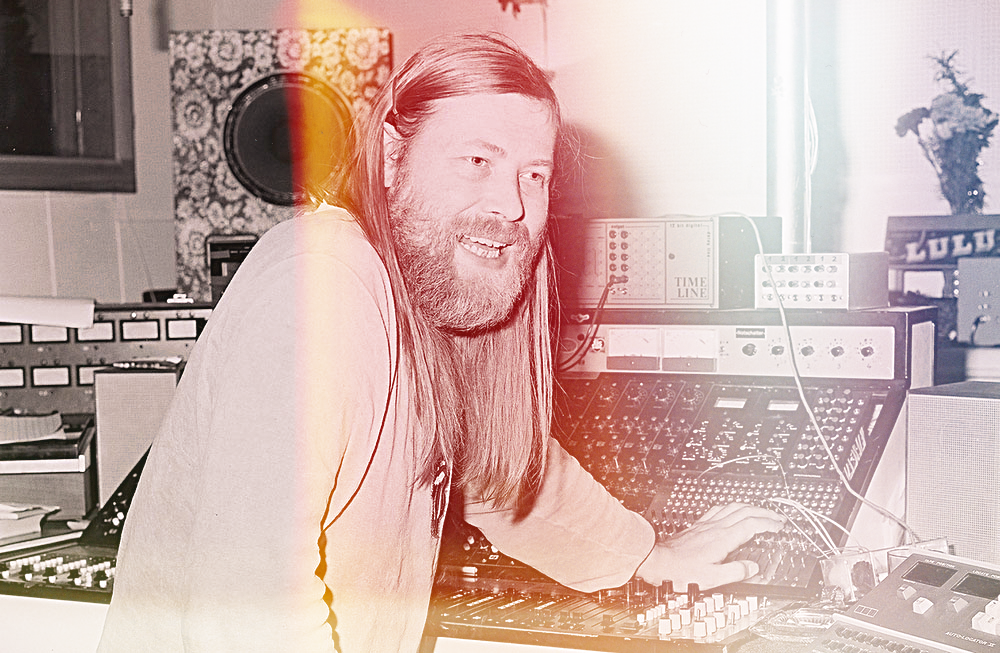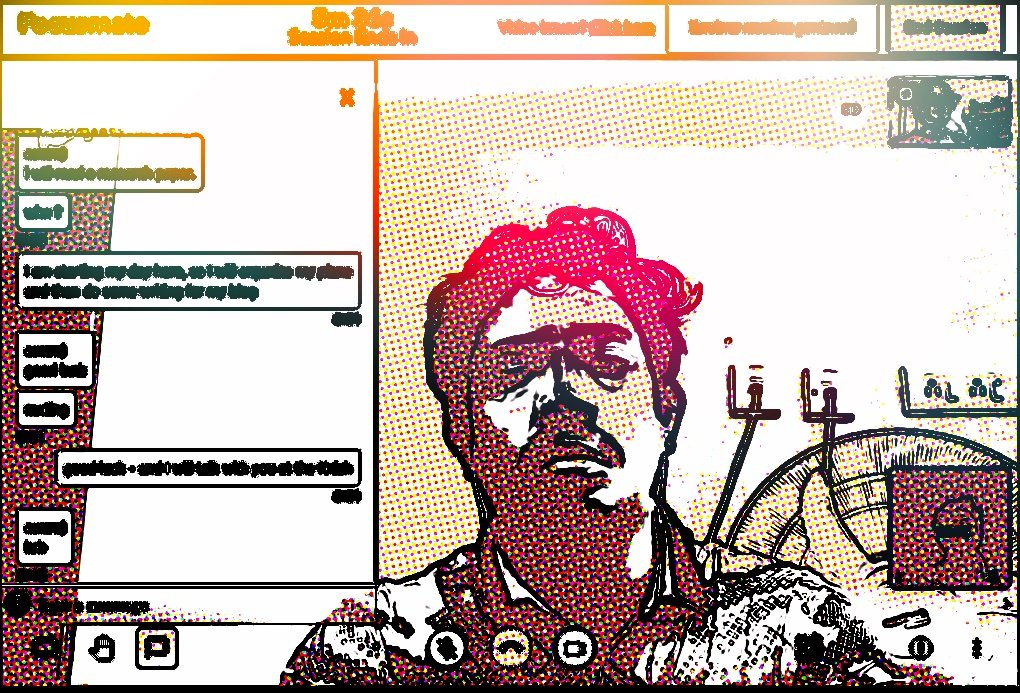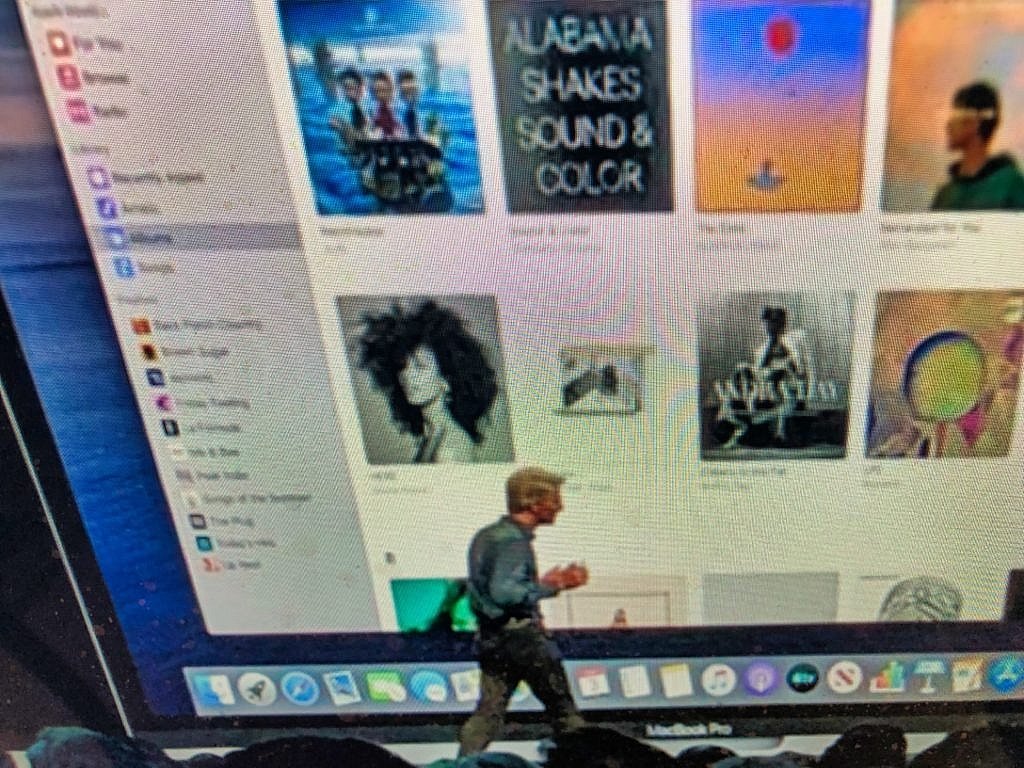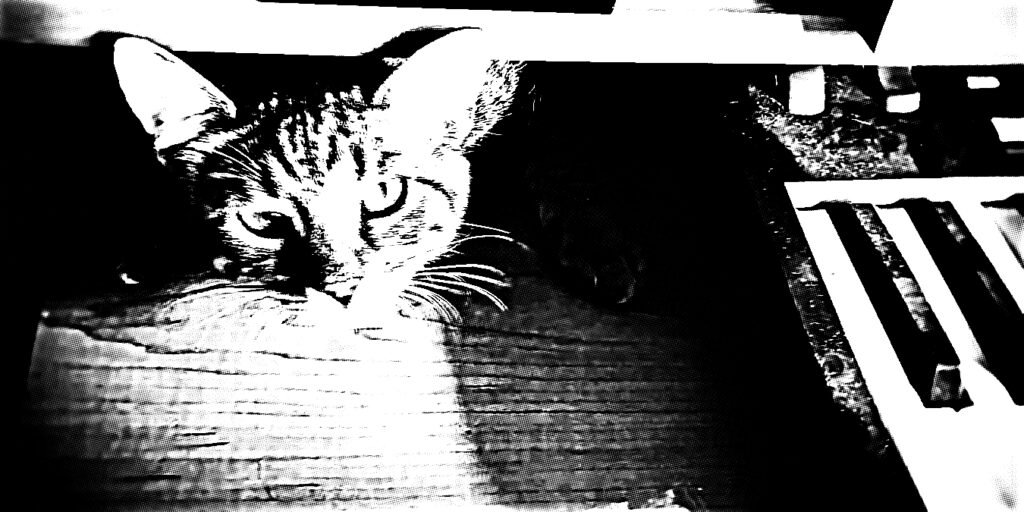Rather than whistling while I work, I listen to weird music. Cleverly (?) labeled
The venerable Touch label has issued a live set from Asheville synthesist Bana Haffar. Described as a Saudi-born ‘life-long expatriate’, Haffar has worked to distance herself from the musical discipline learned as a classical violinist and electric bassist, presently opting for the unrestrained dialogue of modular electronics. This release captures the 33-minute “Genera” as performed at AB Salon in Brussels. Haffar’s modular wizardry is on full display, accompanied by gentle field recordings to shift the listener’s imagined landscape. The result is adventurous, though also hypnotic and warm. I’m pleasantly lost in this.
Nicola Cruz’s Siku takes its name from an Andean panpipe and, if I’m not mistaken, you’re hearing it played throughout this promising album. These tracks are an example of ‘fourth world music‘1And ambiguous ‘fourth world’ music is my favorite kind of music, it should be noted. that not only blurs worldly genres but mixes these styles with contemporary electronics. Not completely liminal, the cuts retain an ethnicity and the electronic elements — mostly focused on the rhythms — often hover away from the
